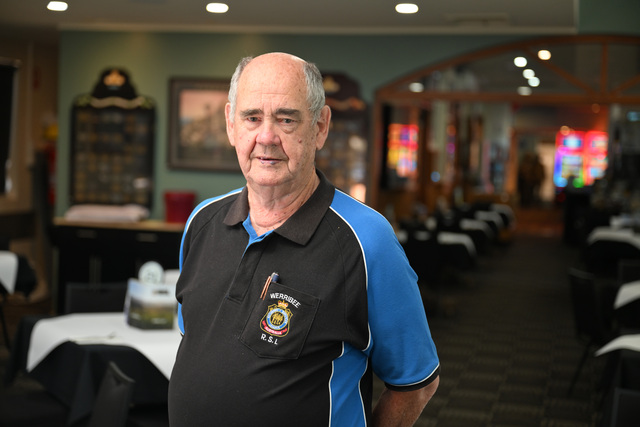Six new research projects are being funded under the latest round of the state government’s Family Violence Research Program, helping to develop innovative solutions to respond to family violence.
Minister for Prevention of Family Violence Ros Spence announced the new projects, which are part of a $1.2 million package to help build an evidence base for best practice family violence interventions, service delivery and innovation leading to better outcomes for victim survivors.
The investment builds on the $2.5 million already provided under Phase 1 of the program in 2022.
Research topics for Phase 2 address evidence gaps in priority research topics – including children and young people, multicultural communities and embedding lived experience in research.
The six research projects will be conducted by five grant recipients – University of Melbourne, RMIT University, Deakin University, La Trobe University, and Monash University – partnering with 15 sector organisations and peak bodies.
Successful project themes include access for children and young people to crisis accommodation, multicultural community services for family violence and a service feedback model with victim-survivors of sexual violence.
The design and approach of Phase 2 has been informed and influenced by people with lived experience of family violence. Members of the Victim Survivors’ Advisory Council have been part of the team developing and guiding the selection of research topics.
Research applicants were also required to demonstrate how they would incorporate lived experience to their proposed project, from design to delivery stages, as assessed by a lived experience panel.
The program supports the delivery of the Labor Government’s Family Violence Research Agenda 2021-24 which ensures research is embedded as part of Victoria’s landmark family violence reform.
“Informed by real-world experience and voices of victim survivors, these research projects will bring together universities, communities and the family violence, sexual violence and harm sectors to address evidence gaps and share learning which should inform best practice,” said Ms Spence.
“The evidence will be used to tailor policies and programs which better support people and help put a stop to family violence in our communities.”

















